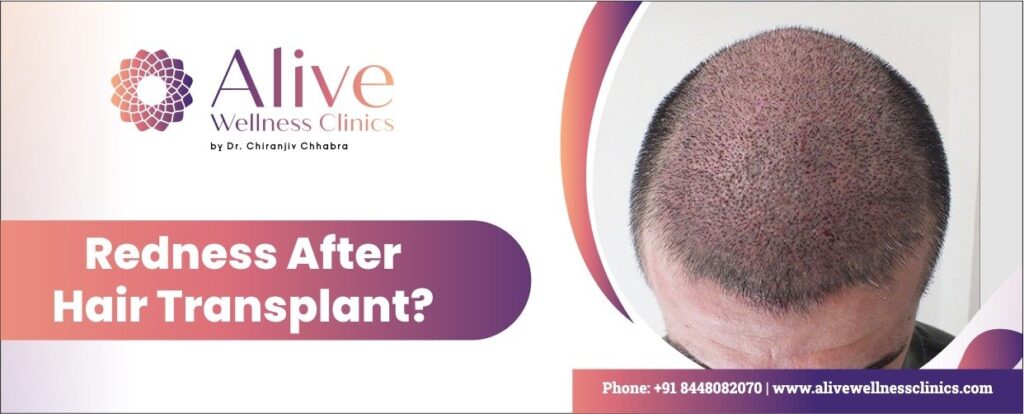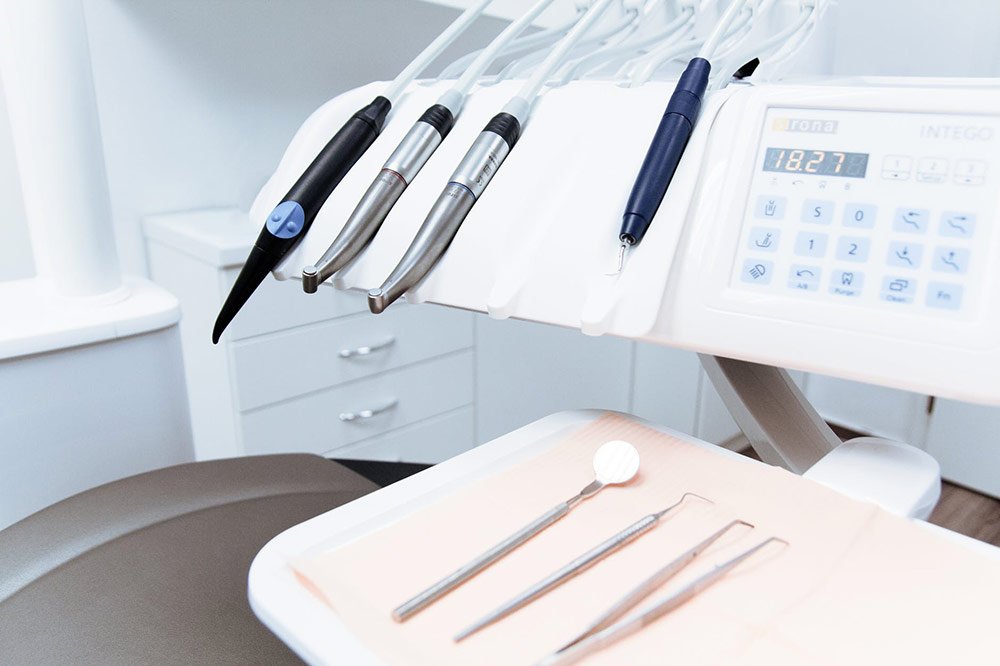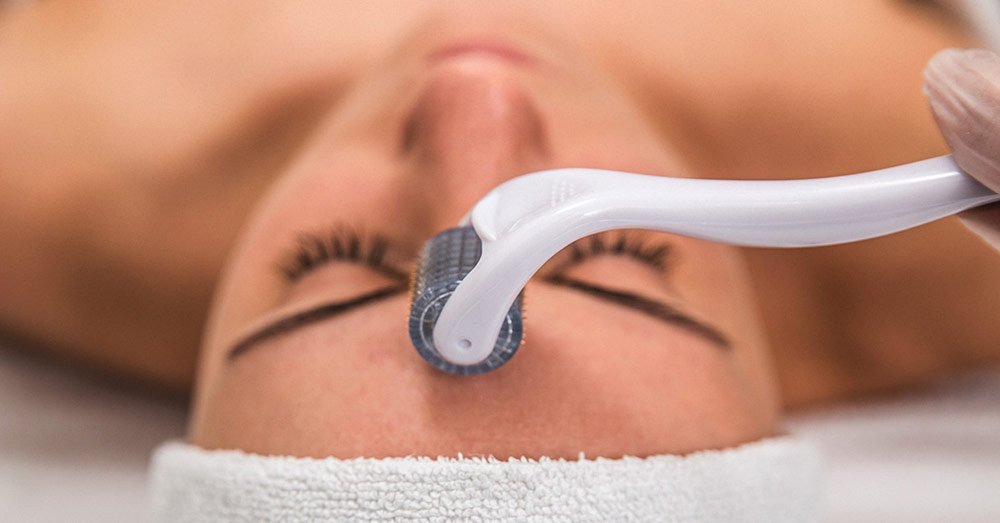Getting a hair transplant can be a tricky but life-changing decision. If you’re planning to undergo a hair transplant surgery, you need to put down thorough research on the types of procedures, potential results, and post-procedure care. To ensure that you get desired results, it’s essential to follow the after-care instructions correctly. If you are thinking about how to prepare yourself for sticking to after-care regimes to get the best results, we have got you covered. Here, we will be discussing the common problems such as redness after the hair transplant, and the ways to overcome them.
Table of contents
- Is it normal to have a red scalp after a hair transplant procedure?
- For how long the scalp redness lasts after a hair transplant procedure?
- How can you reduce scalp redness after a hair transplant?
- Contact Alive wellness for the best hair transplant treatments
Is it normal to have a red scalp after a hair transplant procedure?
Yes, it’s normal for your scalp to appear red and feel sore after the hair transplant procedure. It is because the hair transplant (both FUT and FUE) is a minimally-invasive yet surgical procedure. And like any surgical procedure, inflammation, soreness, and redness at the site of incisions make a part of the healing process. So, during the initial few days of the procedure, you may feel redness, soreness, and irritation at both donor and recipient sites of the scalp. Moreover, you will also notice the formation of scabs and crusting around the newly implanted hair follicles. These scabs form tiny dots around hair follicles and intensify the redness at the scalp after hair transplant. You need to be careful to avoid picking the scabs or scratching the scalp to speed up the healing process and lower the risk of infection.
For how long the scalp redness lasts after a hair transplant procedure?
Anyone considering hair transplant as an option to restore hair growth on the scalp must be curious to know for how long he has to bear with after-procedure redness and discomfort. Well, the duration of scalp redness may vary for each patient considering certain factors such as the sensitivity of the skin, physical health, age, etc. Generally, most people get red or pale pinkish scalp for anywhere between one to three weeks. People with lighter skin tone are likely to have red scalp for longer than others. Besides, your hair transplant surgeon may prescribe you some soothing gels or medications if redness on the scalp lasts for over a month.
How can you reduce scalp redness after a hair transplant?
Post-procedure inflammation and redness on the scalp can cause itching and discomfort. Following after-care instructions make an important step not only to define the success of hair transplant but promote quick healing and reduce the risk of infection. Here are certain things you can do to reduce scalp redness and inflammation after hair transplant-
- Avoid rubbing or scratching the scalp to soothe the tingling sensation
- Eat nutritiously and lower the amount of salt in your food
- Sleep in a semi-sitting area by placing pillows under your head. This will help in lowering the swelling and discomfort and prevent you from touching the transplanted area.
- Avoid smoking cigarettes or drinking alcohol a couple of days before and after the procedure.
- Apply ice packs or cold compresses as suggested by your hair restoration team.
- Avoid head baths using hot water.
- Apply medicated gels or lotions as prescribed by your hair restoration team.
- See your doctor if the redness or discomfort persists for over a month.
Contact Alive wellness for the best hair transplant treatments
Just like choosing between FUT and FUE hair restoration techniques for yourself, finding the best hair transplant clinic in Delhi can be another challenge for you. At Alive Wellness Clinics, our team of expert surgeons is committed to provide the best solutions for your hair problems. Expert hair transplant surgeons at Alive wellness perform hair transplants in a state-of-the-art clinic using advanced equipment and maintaining high standards of hygiene for best results and complete safety. Besides, our team of hair restoration experts is committed to provide the best pre and post-procedure care.




